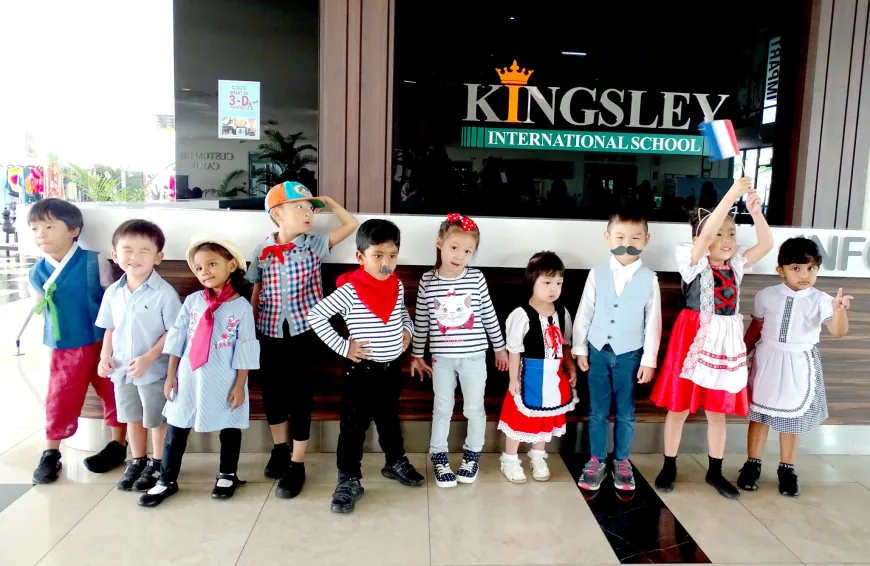Are performing arts beneficial for children?
As a parent, you may be wondering how Performing Arts can benefit your child and the multitude experiential learning each child can achieve.
Performing Arts offer an opportunity for children to self-express creatively while developing important skills such as Self-Confidence, Teamwork and Discipline. Below are some benefits from participating in Performing Arts.
Enhanced Creativity and Self-expression
Performing Arts allow children to express themselves creatively and develop good imagination skills. Through acting, dancing, singing, and other forms of Performing Arts, children can explore different forms of emotions and types of characters.
Building Confidence and Self-esteem
Performing in front of an audience is not an easy task for everyone, but it can also be a great confidence booster over time. Children who participate in Performing Arts gain self-confidence and self-esteem by developing their skills and receiving feedback from their mentors and peers.
Encouraging Teamwork and Collaboration
Performing Arts also help children develop important social skills such as communication and collaboration by working together on projects and learning how to give each other constructive feedbacks in order to improve their performances.
Discipline and Focus
Learning a dance routine, memorising choral lines, or practising any type of sporting or musical instrument requires discipline and intense focus. By participating in Performing Arts, children develop the important skills that can help them in many other areas of their lives, such as schoolwork and sports.
An outlet for emotion
With EQ stationed in place, children are able to use their bodies and voices to translate and express their feelings through dance or drama classes. They are then able to work through those emotions more effectively. These also provide another opportunity for teacher to do student counselling when needed.
Cultural Understanding
Through Performing Arts, children can learn about different cultures and traditions. This can help them develop a greater appreciation for diversity and a broader understanding of the world around them.








